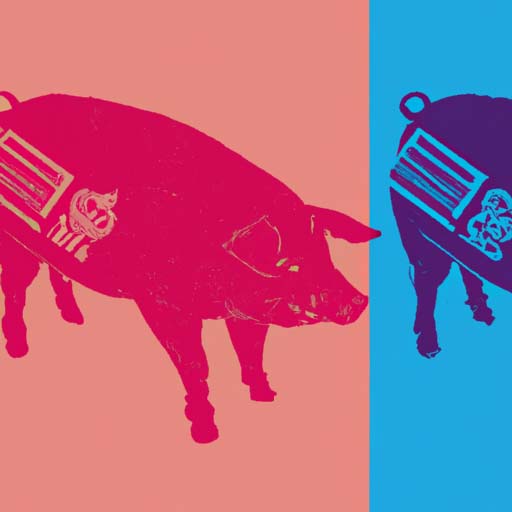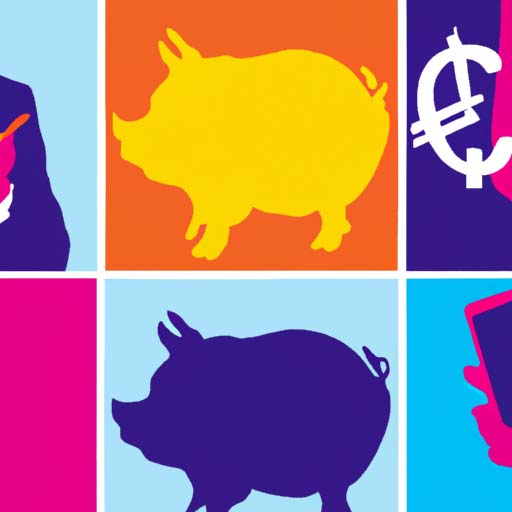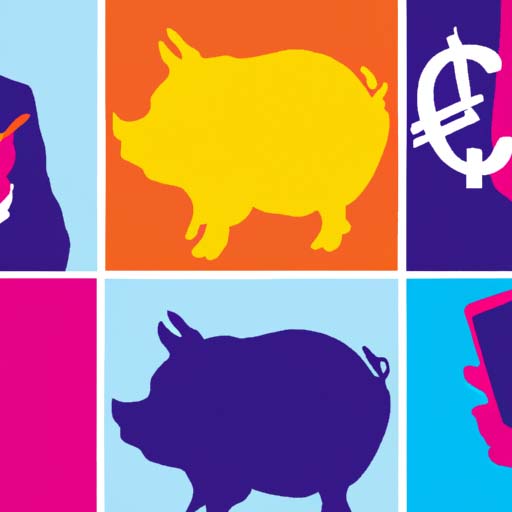In the U.S., some lower- and middle-income Americans are accumulating credit card debt as the cost of living and rent remain high. This is a result of inflation levels that have persisted for over two years. Experts are concerned that individuals in these groups may fall behind on their debt payments, leading to a decrease in their financial well-being in the coming year. The Federal Reserve has reported that Americans held more than $1.05 trillion on their credit cards in Q3 of 2023, a record-breaking figure that is expected to continue growing. Credit card delinquency rates and loan default rates are currently higher than they were in 2019 and are projected to continue rising. This is compounded by the fact that the average interest rate on bank credit cards has reached 21.5%, the highest since 1994, further straining consumers. While approximately two-thirds of Americans who own homes and invest in the stock market have seen positive financial outcomes, lower-income renters have faced financial stress and have been hit hard by inflation. As affordability continues to be an issue, delinquency levels are expected to increase in 2024. Credit card companies have witnessed the impact of inflation, as evidenced by the rising charge-off and delinquency rates of companies such as Capital One, Discover Financial, and Synchrony. Renters have been especially affected by inflation, with median rent prices for up to two-bedroom properties rising from $1,424 to $1,713 between the end of 2020 and the end of 2023. Recent reintroduction of student loan payments may further hinder the ability of these lower-income consumers to repay their debts. American Express has also observed increases in charge-offs and delinquencies, albeit to a lesser extent than its rivals. The two major banks, JPMorgan Chase and Bank of America, have only experienced slight increases in their credit metrics due to their diverse range of customers. However, both banks are setting aside more funds to cover potential loan losses, particularly from credit card portfolios. It is unlikely that banks or interest rates will provide relief for Americans in the near future, as the Federal Reserve’s interest rate cut is not expected for several months. Credit card interest rates are considerably higher than those of the Federal Reserve, and banks are taking a conservative approach in loan approvals. Economists predict that the financial strain experienced by lower-income Americans will not have a broad impact on the economy. But, the rising delinquencies pose a potential risk, especially if monthly student loan payments become unmanageable for younger individuals with significant debt.
Credit woes: Rent, prices soar; Americans trapped in card debt.



